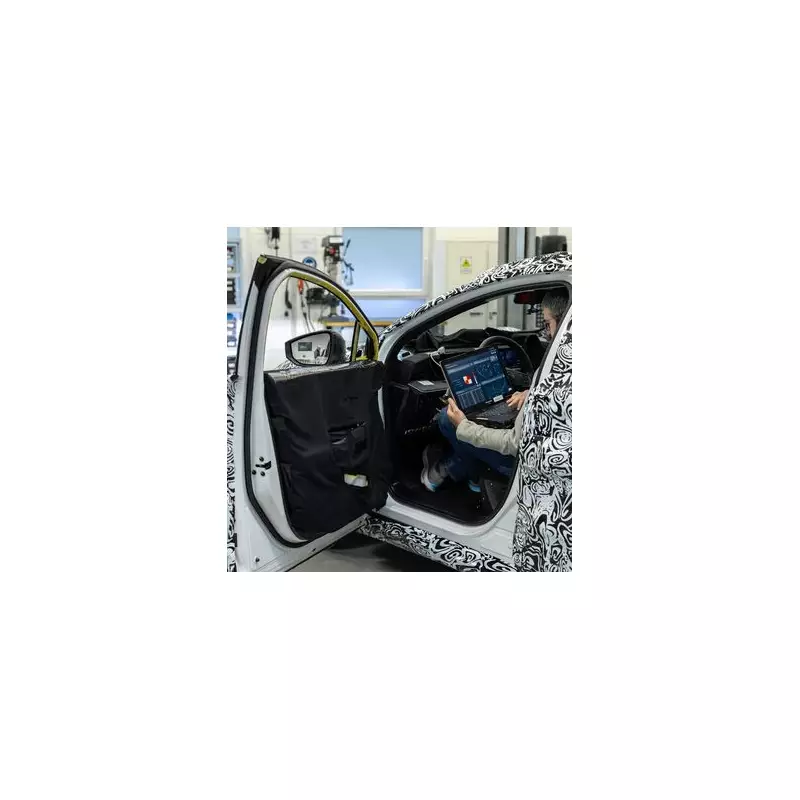
Japanese automotive giant Nissan is significantly expanding its use of artificial intelligence in vehicle testing through an extended partnership with London-based software firm Monolith.
AI Revolutionises Vehicle Validation Process
The collaboration, now extended until 2027, enables Nissan to use sophisticated AI algorithms to accurately predict the outcomes of physical tests. This innovative approach reduces the company's reliance on building physical prototypes, allowing engineers to concentrate on critical problem-solving and decision-making tasks.
Monolith's technology first proved its worth during validation testing for the newest Nissan Leaf model, manufactured at the company's Sunderland plant. The successful application of AI to test performance of bolt joints in vehicle chassis – where the system can recommend optimal torque ranges – demonstrated the technology's potential to transform traditional development processes.
Substantial Time and Cost Savings Expected
The expanded partnership will see Monolith's AI tools applied across all of Nissan's European vehicle range. The software company claims this strategic move could potentially cut testing time in half, representing a significant acceleration in bringing new models to market.
Emma Deutsch, director of customer orientated engineering and test operations at Nissan Technical Centre Europe, explained: "By integrating Monolith's advanced AI-driven engineering software and decades of testing data, we're able to simulate and validate vehicle performance with remarkable precision. Their machine learning models, trained on a combination of historical test data and digital simulations, allow us to reduce reliance on physical prototypes – cutting development time and resource use significantly."
Strategic Importance Amid Financial Challenges
This technological advancement forms a crucial component of Nissan's comprehensive restructuring plan, known as Re:Nissan. The initiative aims to dramatically reduce costs and development times as the automotive manufacturer faces substantial financial pressures.
Recent financial results highlight the urgency of these efficiency measures. Nissan reported a £137 million (¥27.7 billion) operating loss for the first half of 2025, with predictions of a full-year operating loss reaching £1.3 billion (¥275 billion).
Dr Richard Ahlfeld, CEO and founder of Monolith, commented: "Our mission is to empower engineers with AI tools that unlock smarter, faster product development. The results of our work with Nissan demonstrate how machine learning can drive efficiency and innovation in automotive engineering."
As Nissan shifts focus to redefining its product-market strategy, the expanded AI partnership represents a key element in streamlining operations and accelerating the development of new-generation models, including the Sunderland-built Leaf and the Roox.





